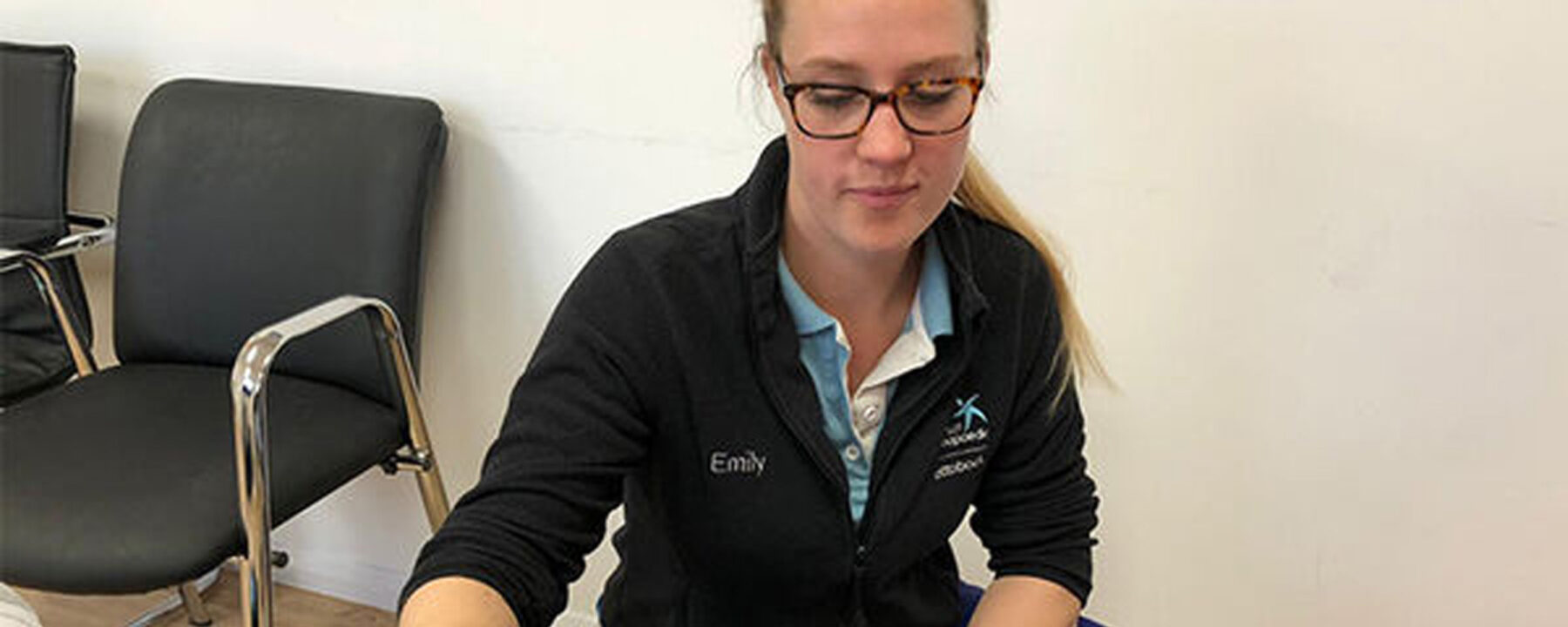
Physio Facts - A Holistic Approach
In this blog, we look to give you an insight in to the different skills we use during your rehabilitation with us. All of the physiotherapists at Dorset Orthopaedic come from a background of musculoskeletal physiotherapy – fixing problems to do with bones and muscles! We use our skills in amputee and prosthetic rehabilitation, which makes our treatment more closely aligned with that received by the military and elite athletes recovering from injury.
A holistic approach to rehabilitation allows us to look at the bigger picture, we address the person as a whole, observing the physical, mental, and emotional health; considering each individual’s social and lifestyle needs.Alongside gait re-education and exercises during our rehabilitation, we also use many hands on, musculoskeletal treatment. Regular modalities we use include:
Acupuncture – this is where fine needles are inserted into different points in the body stimulating sensory nerves under the skin and in the muscles. It can help reduce pain, relieve muscle spasm, trigger points, and promote relaxation. Acupuncture is often used alongside other physiotherapy treatments.
Mobilisations – the movement of joint/soft tissue/muscles to reduce stiffness and increase range of movement. This can help to reduce pain and improve posture, and is a slower technique.
Manipulations – involves using short, sharp movements to push a joint beyond its normal range of movement to encourage flexibility and reduce pain.
Massage – soft or deep tissue massage uses pressure over muscles and other tissues to reduce tightness and relieve pain. We also use massage for swelling reduction to increase patients comfort in sockets.
Instrument assisted soft tissue massage – we use a Graston tool to target precise areas of restriction. Frequently used over scars to lessen adhesions, which reduces the risk of skin breakdowns in a socket.
Electrotherapy – this device sends an impulse through electrodes in to specific muscles. It can be used to strengthen muscles or to help relaxing them and for lymphatic drainage.
Hydrotherapy- also known as ‘Water Therapy’; is the use of warm and cold water to relieve pain, fatigue and promote physical well-being.
A combination of these techniques can contribute to a more positive state of wellbeing. By improving your walking pattern and posture, you will gradually be able to cover larger distances with more efficient gait levels helping you feel more independent.
